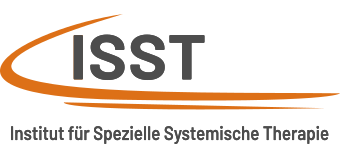Goal
Critical evaluation of the statistical studies on the reliability of function-oriented measurements of perioral musculature with the FaceFormer.
Material and method
The FaceFormer is used clinically to measure the functional state of the perioral musculature. Using a lip force meter (Myo-Bar-Meter, ISST-Unna), the lip force is measured in 48 test subjects. 24 test participants train for a total of 3 times 2 weeks, while 24 test participants serve as a control group. The measurement is taken at the beginning and end of the examination/training phase and at two-week intervals in between. All results are measured in mBar, recorded using the SPSS statistics program (version 10.5.2) and subjected to statistical calculations.
Results
The measured values of both the control and the exercise group each show three maximum measured values at 20, 45 and 70 mBar. The test results with triple measurement can be reproduced very well or well, both when measured by one examiner (k=0.81) and by three examiners (k=0.76). There are clear training effects in the exercise group compared to the control group (p<0.001).
Conclusions
Results of lip pressure measurement using the FaceFormer are reproducible at a good to very good level. Initial results on the trainability of the perioral muscles (exercise group n=24) suggest that consistent use of the FaceFormer provides an effective, simple and inexpensive exercise device in myofunctional therapy.











